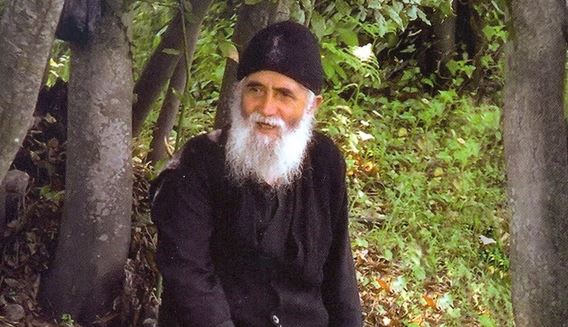by Elder Paisios
– Geronda, there is this expression, “Is it really the cassock that makes the priest?”
Well, think of two olive trees, one with leaves and the other without. Which one do you prefer? Once when I was at the Kalyvi of the Holy Cross, I peeled the trunk of an olive tree and wrote this on it,
“The trees got rid of their garments; it’s time to see the fruit of their labor!”
Next to that I wrote,
“A priest without his cassock (arasotos) is a priest without redemption (asotos).”
– Geronda, someone brought an Orthodox priest wearing only trousers [without his cassock] to the monastery. Should we have asked for his blessing?
What blessing? You should have told the person who brought him, no matter how important he was, “Forgive us, but it is a rule in our monastery to give cassocks to priests who are not wearing one. To have a priest come to an Orthodox women’s monastery wearing only his trousers! That is inappropriate.” When the person who brought him has no shame, and when the priest himself is not ashamed for having come without his cassock, why should you be embarrassed to ask him to put one on? I once met a young archimandrite wearing laymen’s clothing at an airport. He was going abroad and introduced himself, “I am Father so and so,” he said. “Where is your cassock?” was my answer. Of course, I did not prostrate in front of him.
– Geronda, some people claim that a modernized clergy will be better able to help people.
When Patriarch Demetrios visited the seminary of the Holy Cross in the United States, a few pious American students went up to him and said,
“Your Holiness, don’t you think it’s time for clergy to be more up to date?”
The Patriarch’s response was,
“Saint Cosmas said that when clergy turn into laymen, laymen will turn into demons.”
Wasn’t that a good answer? Then they prepared this luxurious suite for him with a fancy bed and so on. The moment he saw it, he said,
“Is this where I am supposed to stay, in this room? You’d better bring me a simple cot. When a clergyman becomes worldly, he becomes the devil’s candidate.”
(Spiritual Counsels vol. I, pp. 358-359)

